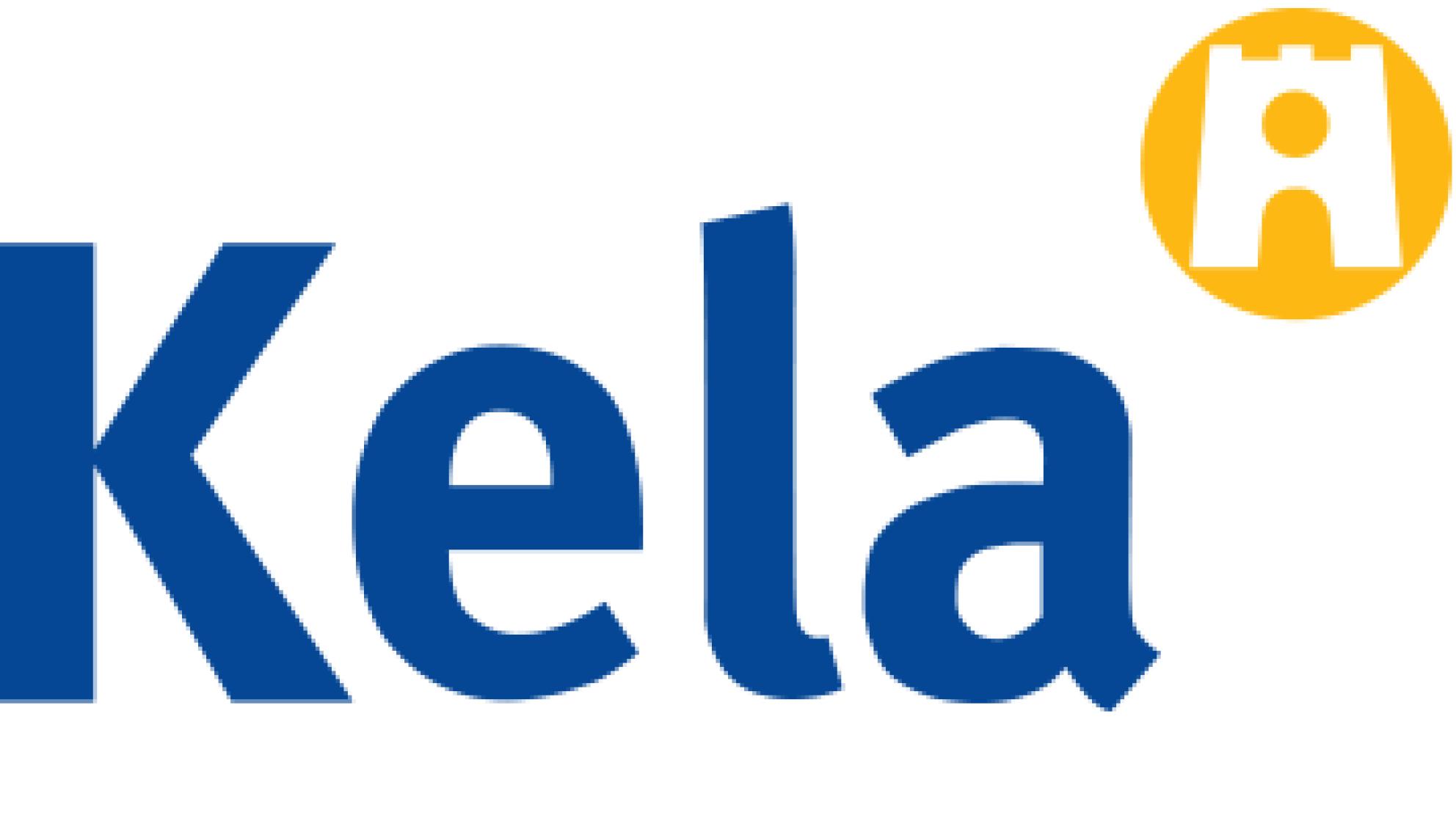Kela sends out nearly 44,000 repayment proposals on the recovery of overpaid student financial aid

In 2019, about 316,500 students received financial aid. 43,887 of them had income in excess of the annual income limit specified in the Act on Student Financial Aid. Kela has sent out repayment proposals on the recovery of overpaid financial aid to the affected students. The average amount of financial aid that students are required to pay back is EUR 900. The total amount of financial aid proposed to be recovered under the repayment proposals is EUR 39.6 million.
Last year Kela sent out repayment proposals to 43,308 students, while the total amount recovered was EUR 37.3 million. The number of students who were sent a repayment proposal increased by 579.
The annual income limit varies according to the number of months for which a student takes out financial aid. Students who in 2019 took out financial aid for nine months can have earned other income of up to EUR 11,973 in that year.
The income limits were raised by 4.5% at the beginning of 2020. The annual income limit is now EUR 12,498 for students who get financial aid for nine months.
The income check performed now only concerns student financial aid, i.e. study grants and housing supplements. The annual income check does not concern general housing allowance.
One-month deadline for submitting a review request
If the reason for exceeding the annual income limit is income earned during other periods than periods of active study, the overpayment debt may be reduced or waived altogether. Incomes earned during other periods than periods of active study can include for instance income earned after graduation.
Students can file a review request in which they should provide details of their studies and specify when the income was earned. The deadline for filing a review request is 18 March 2021. Students must provide details of their studies and when they earned their income if they started a course of study, graduated or used up their maximum financial aid entitlement during 2019. In previous years, about one quarter of those who were sent a repayment proposal were new or graduated students. The repayment proposal contains instructions for how to file a review request or agree on repayment arrangements.
Kela uses the national incomes register, which was taken into use in 2019, in the income check in connection with student financial aid. Kela has checked the income data in the national incomes register for higher education students who started a course of study, graduated or used up their maximum financial aid entitlement during 2019. If it, according to this check, is certain that the income earned during the periods of active study has not been too high, Kela does not send a repayment proposal to the student and the student does not need to file a review request. Following the check of the data in the national incomes register, the number of repayment proposals decreased by 4,021.
If a student who started a course of study, graduated or used up his or her maximum financial aid entitlement during 2019 still receives a repayment proposal, the student does not have to enclose any documentation on the incomes that have been entered in the national incomes register with the review request.
Students must keep track of their income total
Students should keep track of their annual income so as not to exceed the income limit. Financial aid payments can be conveniently cancelled, returned or stopped via Kela’s e-service at www.kela.fi/asiointi (in Finnish) or www.fpa.fi/etjanst (in Swedish).
The deadline for returning financial aid voluntarily for 2020 is the end of April 2021. If a student does not cancel or return financial aid, any overpayments of aid are recovered and are subject to a surcharge of 7.5%. This is not interest but a one-time payment.